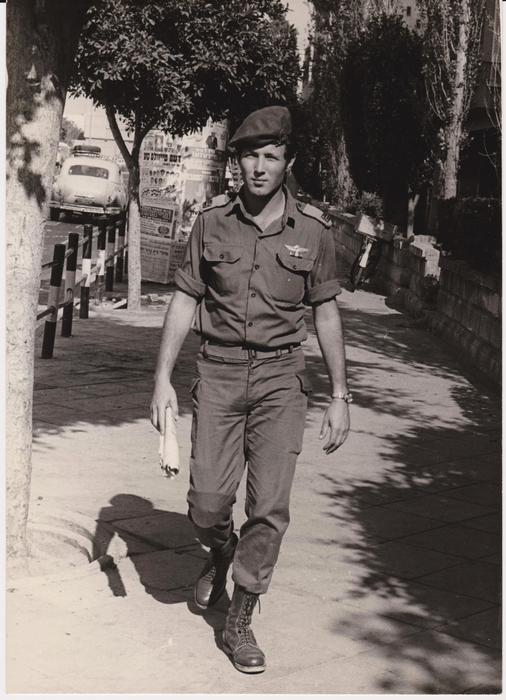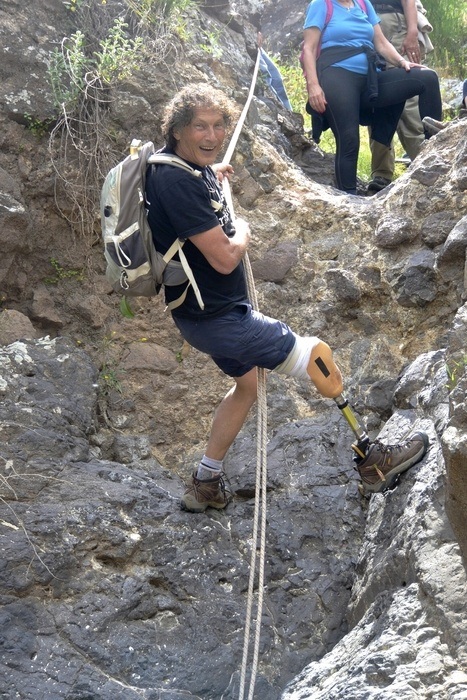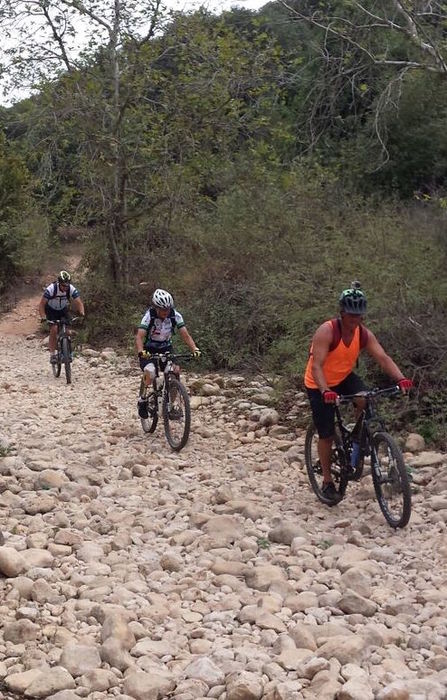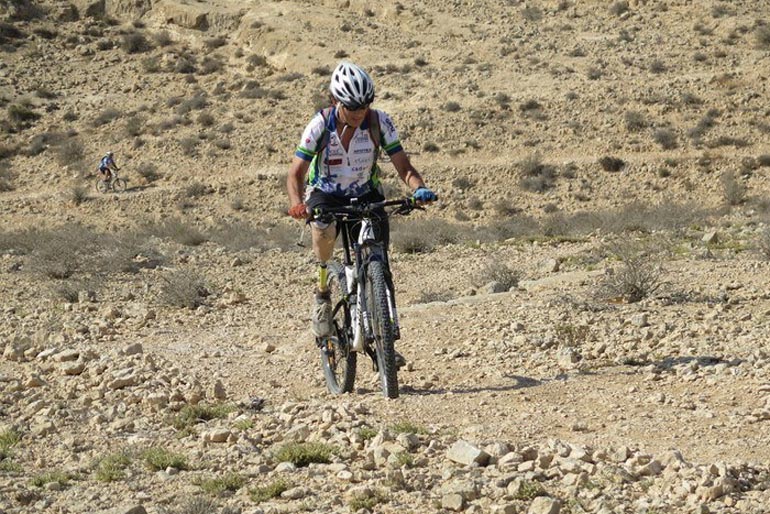
Aliz Noi from Ramat Hasharon is one of the happiest people you’ll ever meet. “I chose the lights that life offers us and not the shadows. My injury taught me never to give up, never to give in to the difficulties and to always make an effort to reach the top. I learned that trauma or failure can actually become a step on the way to success,” says Noi, a disabled veteran who lost his leg at age 22 and today cycles with Courage in Motion.
He served with the Paratroopers during the Six-Day War and during the fighting found himself with his company fighting around Jerusalem. “It was our unit’s mission to prevent the advancement of a Jordanian Tank Division towards the City of Jerusalem.” Aliz’ company encountered the Jordanian tanks and after heavy fighting, the enemy tank division retreated. The mission was accomplished successfully. Unfortunately, Aliz was wounded.
“The main artery in my leg was hit. Had I not been treated within the first 10 minutes I wouldn’t be amongst the living today. Fortunately, a medic reached me and gave me lifesaving first aid. A couple of days later the doctors said that gangrene had formed in my leg and they would have to amputate it below the knee. At hospital, he had to deal both with the physical pain as well as with the mental torment. “You can’t imagine what a mental blow it is for a young man, only 22 years old, to lose a leg. No one prepared me or my friends for such a situation. In the beginning, we didn’t know what to do,” recalls Aliz sadly of those first moments after the amputation.
- Aliz in 1969 returned to service after his injury.
- Aliz is an avid cyclist and hiker
- Aliz (middle) participated in CIM in 2015.
Aliz didn’t feel sorry for himself too much and very soon he understood that he needed to come to terms with the situation and move forward. The Zahal Disabled Veterans Organization sent older veterans to visit the newly wounded. These visits saved him. “One day, this big, friendly guy enters my hospital room with his wife and tells me he lost his leg during the War of Independence. That same guy also told me he walks quite normally and has absolutely no limitations in his everyday life. He told me of the various sports activities offered to the disabled veterans. Things I was passionate about like swimming and table tennis. I remember saying to myself that this story is beginning to sound very interesting. When the fellow and his wife left the room, I said goodbye and added: ‘Thank you, friends. I’ll see you at the next Olympic Games.’ ”
Two years later Aliz was already on his way to compete in St. Etienne. “At that point, I could clearly see the light at the end of the tunnel. I had no reason to feel sorry for myself. I wouldn’t let anyone feel sorry for me. I even refrained from letting my mother know of my condition for the first several weeks after my injury because I knew she would pity me and I wanted to prevent her from feeling sorry for me.”
Aliz says of himself that he was so gung-ho about the army he had made up his mind while still in hospital that he would go back and serve. He decided to study Middle Eastern Studies and Arabic and serve in the Military Intelligence, despite the many hardships he faced.
“Grappling with disability as well as with pain is all in one’s head. It’s your own mind which places boundaries and limitations and decides whether you should give in or not do. It’s your head which tells you this is too difficult because I’m missing a leg so I just don’t listen to it. It’s all in one’s head. Then and today, I see myself as a person with no disability or limitation. The choices I have made in life are that one needs to move forward. I am at peace with what’s missing. I chose to see myself not as a victim of war. This injury served as leverage to bring me to places which I never thought I’d reach. It gives me great mental strength.”
Aliz has cycled in a number of Courage in Motion rides.
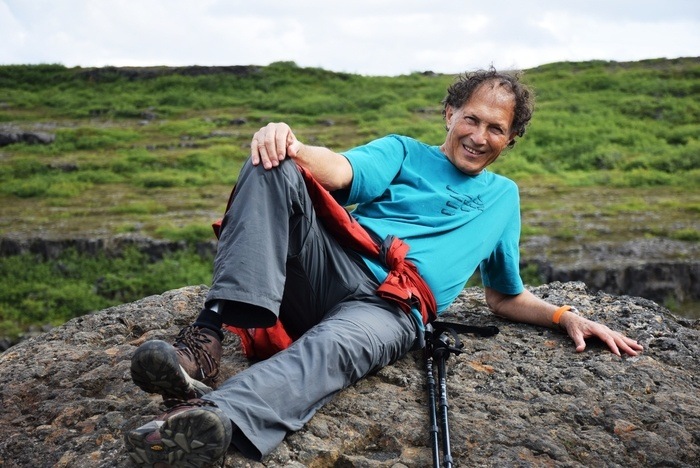
Aliz today

